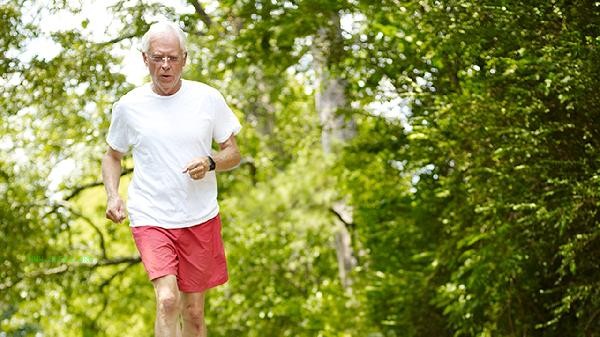After running, you can consume fruits such as bananas, apples, oranges, blueberries, and kiwis in moderation to supplement energy. These fruits are rich in carbohydrates, vitamins, and minerals, which help to quickly restore physical strength. After running, the body consumes a lot of energy and needs to replenish sugar and electrolytes in a timely manner. Bananas are rich in potassium and natural sugar, which can prevent muscle spasms and quickly provide energy. Apples are rich in fructose and dietary fiber, which can provide energy without causing drastic fluctuations in blood sugar. Oranges contain a large amount of vitamin C and water, which helps alleviate oxidative stress and dehydration after exercise. The anthocyanins in blueberries have anti-inflammatory effects and can reduce muscle micro damage after exercise. Kiwi fruit has a high content of vitamin C and digestive enzymes, which can promote protein absorption and utilization.

When eating fruits after running, it is important to avoid excessive intake of high sugar varieties to prevent excessive calorie intake. People with weak gastrointestinal function should avoid consuming acidic fruits on an empty stomach to avoid stimulating the gastric mucosa. Diabetes patients need to control the intake of high sugar fruit, and give priority to low glycemic index varieties. People who are allergic to specific fruits should avoid related foods and choose alternative products. If you experience symptoms of low blood sugar such as dizziness and nausea after exercise, you can first supplement a small amount of sugary drinks before eating fruits. After running, in addition to eating fruits, it is also necessary to replenish water and a moderate amount of high-quality protein, such as low-fat milk or eggs, in a timely manner. It is recommended to pair fruits with nuts to prolong satiety and provide more comprehensive nutrition. Overeating and drinking immediately after exercise may increase the burden on the gastrointestinal tract, and it is recommended to adopt a small and frequent eating pattern. Long term runners can establish personalized nutrition supplementation plans, adjusting the type and quantity of fruit intake according to exercise intensity and duration. If there is persistent fatigue or slow recovery, it is recommended to consult a professional nutritionist to develop a scientific dietary plan.









Comments (0)
Leave a Comment
No comments yet
Be the first to share your thoughts!